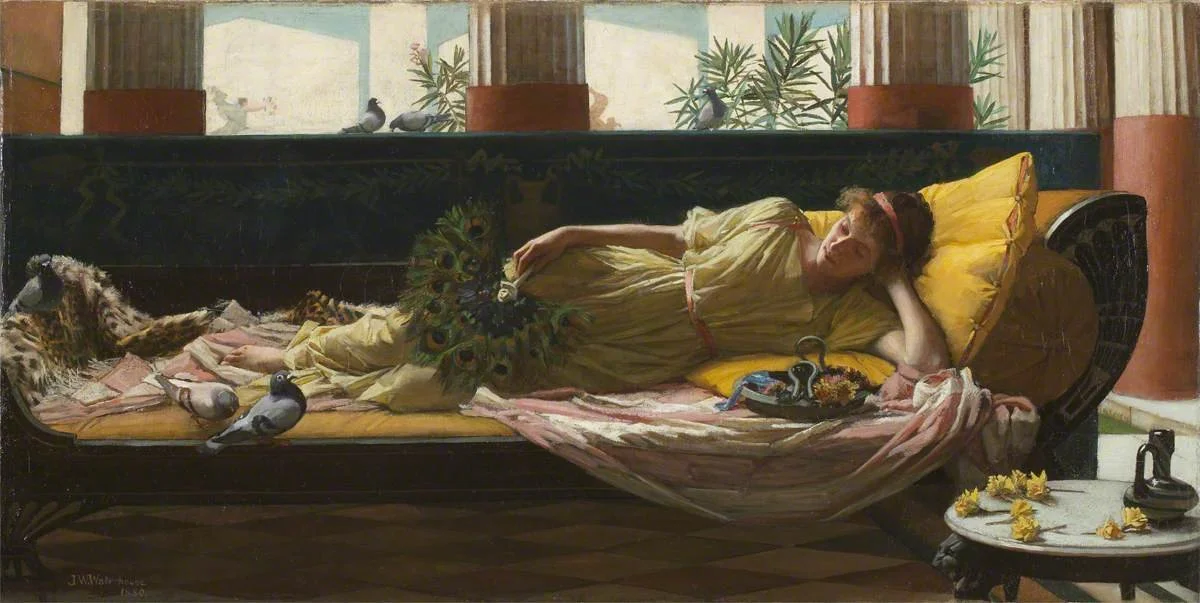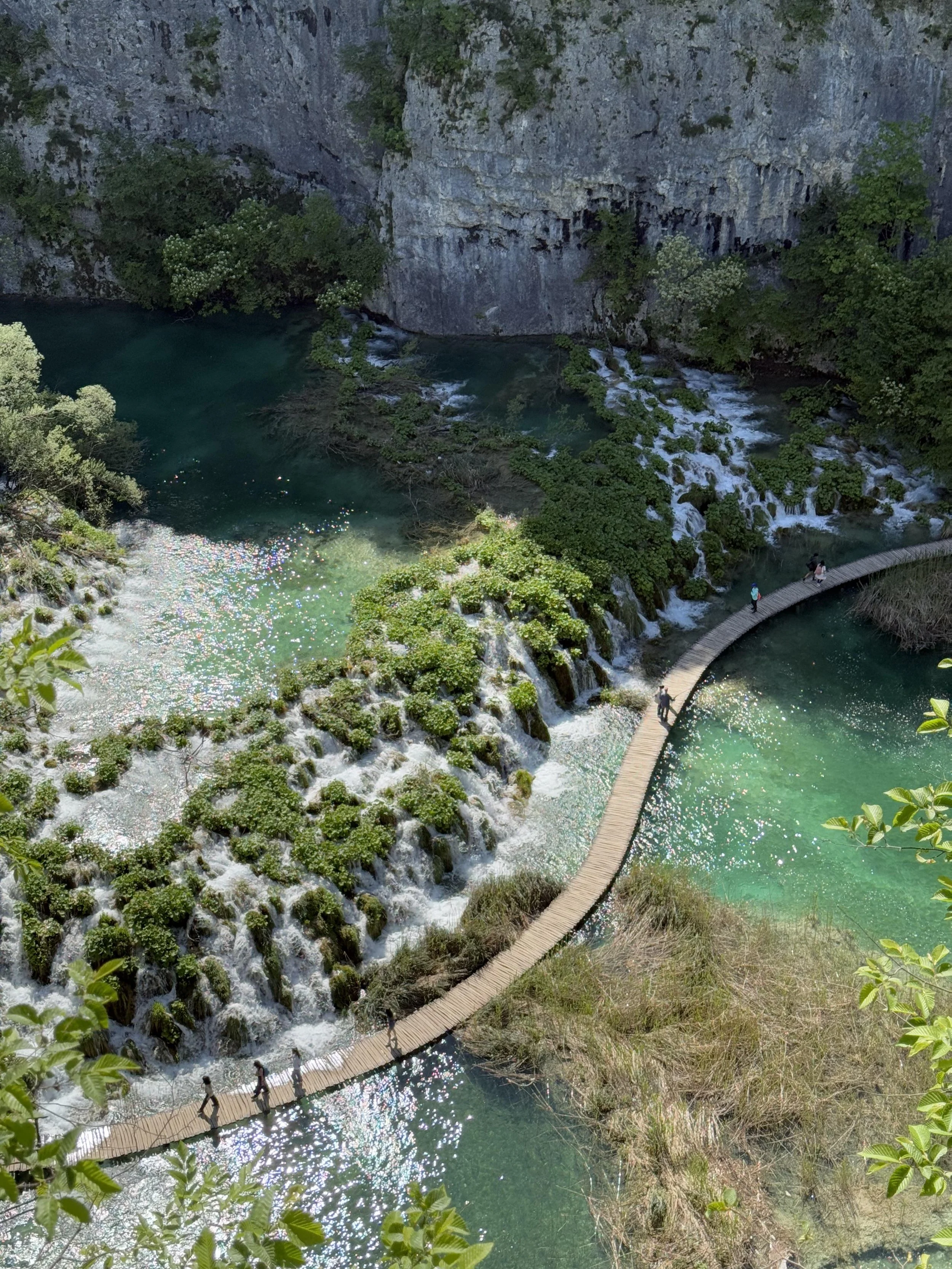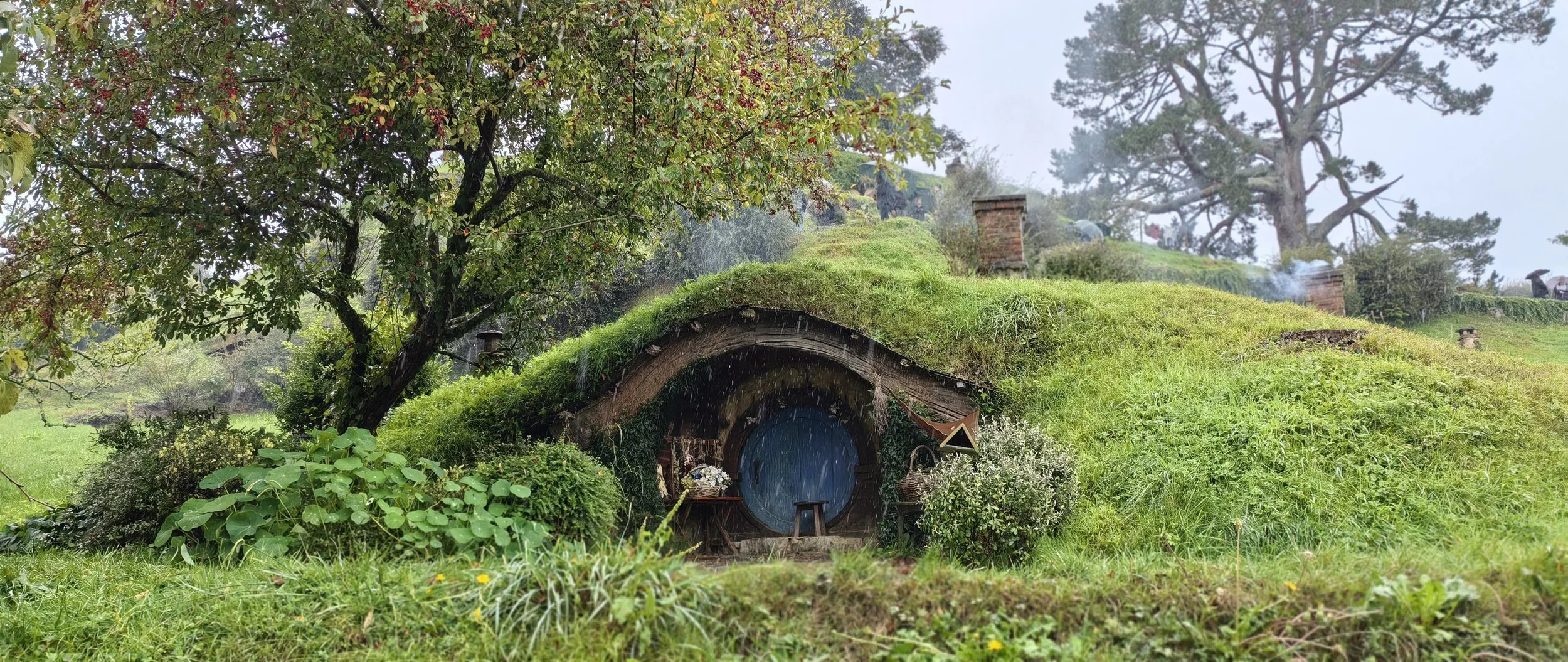The Art of Relaxation: Exploring Global Concepts of Leisure
In today's fast-paced world, the importance of relaxation cannot be overstated. As our lives become busier and more demanding, the need to unwind, recharge, and reconnect with ourselves has never been more essential. Interestingly, different cultures around the globe have cultivated their own unique philosophies and words that encapsulate the essence of relaxation. This blog post will explore some of these concepts – Fjaka in Croatia, Fika in Sweden, and Dolce Far Niente in Italy – and investigate how they reflect the values of each culture and the universal need for downtime.
Fjaka: The Croatian Feeling of Blissful Idleness
Found in the Dalmatian coast of Croatia, Fjaka is a term that embodies a profound sense of relaxation, laziness, and serenity. It's a state of mind that allows one to let go of the stresses of everyday life, focusing instead on simply being present. The concept can be likened to a lazy summer afternoon, where time seems to stretch infinitely, and the only thing on the agenda is to enjoy the moment.
Fjaka is rooted in the Mediterranean lifestyle, where long, hot summers are followed by leisurely days spent lounging by the sea. Locals embrace this philosophy as a vital aspect of life, often finding solace in the small pleasures: sipping a cup of coffee, enjoying a light lunch, or simply basking under the sun. Fjaka teaches us that it's acceptable to do nothing sometimes – that idleness can be a source of joy, not guilt.
In practice, Fjaka can take many forms. For some, it may involve being completely still, while for others, it may mean engaging in light activities that allow the mind to wander without pressure or expectation. The beauty of Fjaka lies in its simplicity; it encourages people to embrace pause and savor life’s fleeting moments, fostering a deep sense of contentment.
Fika: The Swedish Coffee Break with a Twist
Next, we move north to discover Fika, the beloved Swedish tradition of coffee breaks. More than just an excuse to enjoy a cup of coffee and a morsel of something sweet, Fika encompasses a larger philosophy regarding work-life balance and community. In Sweden, taking time for Fika is a social event; it's an opportunity to step away from work, connect with colleagues or friends, and engage in meaningful conversations.
Fika reflects Sweden's commitment to fostering a healthy work-life balance. In a country known for its emphasis on well-being, this concept encourages individuals to pause amid a busy workday to slow down, recharge, and nurture interpersonal relationships. Fika is a reminder that productivity and relaxation are not mutually exclusive; instead, they can coexist harmoniously.
During Fika, one might enjoy coffee paired with traditional Swedish pastries, like cinnamon buns or princess cake. This ritual promotes mindfulness, as it invites participants to savor both the food and the company, enhancing their experience of the present moment.
Fika also extends into the social realm, symbolizing the importance of community and human connection. By prioritizing time for relaxation and socialization, Swedes create a culture that values well-being foremost, serving as a reminder that taking a break can lead to increased productivity and overall happiness.
Dolce Far Niente: The Italian Embrace of Idleness
Italy boasts its own unique concept of relaxation known as Dolce Far Niente, which translates literally to "the sweetness of doing nothing." This phrase captures the spirit of blissful idleness that is an integral part of the Italian lifestyle. Italians recognize the beauty found in leisure and the idea that one can derive pleasure from simply enjoying the moment without the burden of obligations and responsibilities.
Dolce Far Niente is not just about being lazy; it’s an appreciation for life’s simple pleasures. It encourages people to embrace the art of doing nothing, relishing the tranquility of a sun-drenched piazza, sipping wine, or indulging in a leisurely meal with friends and family. The emphasis is on savoring these moments, contributing to overall happiness and well-being.
In Italy, the culture around food also ties beautifully into Dolce Far Niente. Meals are not rushed affairs; they are celebrations of flavor and companionship. Dining is an integral part of Italian culture, where the experience of eating extends beyond sustenance. Italians understand that spending time with loved ones and enjoying delicious food are central to living well.
To embrace Dolce Far Niente is to acknowledge that relaxation is an art in itself. It’s about fostering a mindset that values downtime, helping to combat the societal pressures of constant productivity. By allowing ourselves to indulge in the pleasures of leisure, we nourish our souls and create space for creativity and joy.
The Universal Need for Relaxation
While Fjaka, Fika, and Dolce Far Niente are culturally specific concepts, they all serve as reminders of the universal need for relaxation. Each term encapsulates a unique perspective on the importance of taking a break, yet they all converge on a common truth: rest and leisure are essential for well-being








